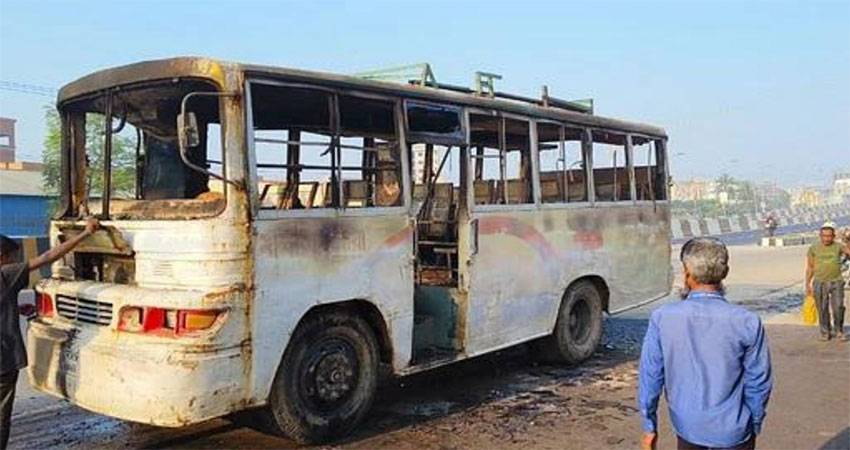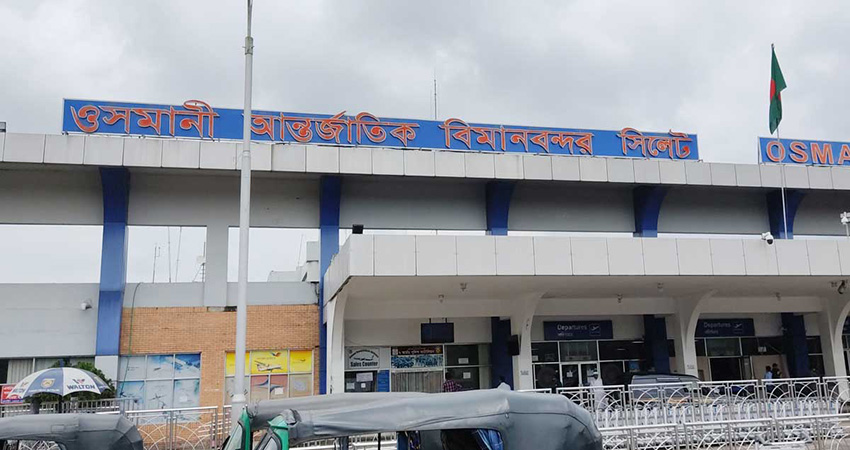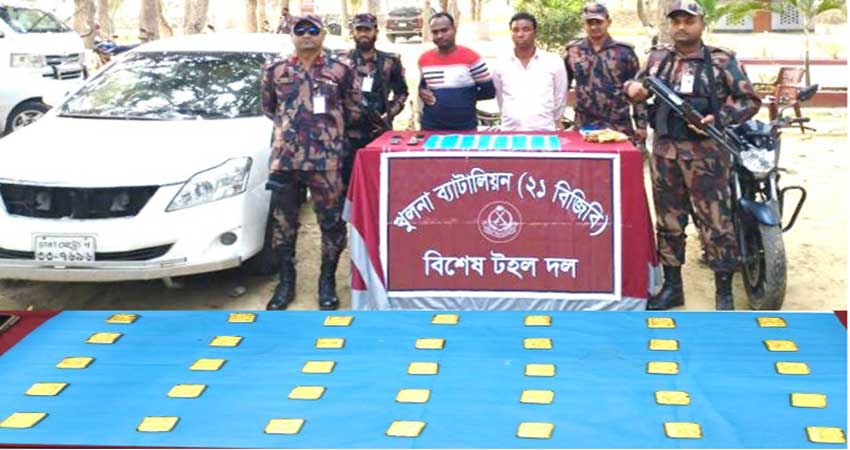CT Online Desk:
Shedding doubt on government's statistics on production of daily essentials, business leaders complained that they are still unable to open Letters of Credit (LCs) according to the demand for import of commodities. At a discussion meeting among business leaders of different sectors regarding stabilising the supply chain of daily necessities to keep price tamed ahead of Ramadan, Ishtiaq Ahmed, senior vice president of the Bangladesh Cold Storage Association, pointed out the discrepancy between the data given and ground reality. He said government data shows the annual demand for potatoes in Bangladesh is 90 lakh tonnes. According to the government, potato production this year stands at 1.12 crore tonnes, which should result in a surplus of 22 lakh tonnes. But that is not the case.
Claiming that this was happening due to wrong data, he said according to the amount kept in cold storage, the total production should not be above 80 lakh tonnes. He also said the figures for potato demand in the country were also wrong. At the discussion organised by the FBCCI, Helal Uddin, president of the Bangladesh Shop Owners Association, said ministries responsible for different essentials always inform the government that they are self-sufficient. But this was often misinformation. "That is why we want a ministry on consumer goods. We want to be able to speak in one place instead of going in different directions," he said. Speaking at the event, Amitabh Chakraborty, president of the Edible Oil Mill Owners' Association and adviser to City Group, said the import of daily commodities was still being disrupted due to the LC crisis. "We are not getting the required dollars," he said. He demanded dollars be kept separately for consumer goods amid the dollar crisis and ensure uninterrupted gas supply. Secretary General of the Bangladesh Restaurant Owners Association Imran Hasan said the price of chicken was being increased in small increments before Ramadan, but this was mainly due to issues with importing LPG. "The restaurant sector needs a lot of LPG. When the price of a product starts to rise in the market, it ends with a loss for many. In such a situation, quick action should be taken," he said. "Such policies cannot be determined by bureaucrats. Traders will set the policy if there are problems in the market," he said.
'No room for small importers'
At the event, Golam Mawla, president of Bangladesh Wholesale Edible Oil Traders Association, alleged that steps were being taken to completely remove oil from the open market on the pretext of food safety. He urged for increasing supervision of edible oil refining companies to solve this problem.Bikash Chandra Saha, vice president of Bangladesh Dal Babosayee Samity, said the prices of chickpeas and lentils are increasing due to the LC crisis. "We are unable to import the products. Small importers find that their business is no longer viable and most of the market is in the hands of major importers. Surveillance in this market should be increased now," he said.Sirajul Islam, president of the Bangladesh Fresh Fruit Importers Association, said it takes two months to bring dates -- which sees a spike in demand during Ramadan -- from Tunisia-Algeria using frozen containers. "But the duty on dates has been increased several times. A few days after I went and met the senior officer of Chattogram Customs, the customs duty was further increased," he said.President of Bangladesh Raw Materials Association Imran Master said many traders in different markets are not members of the association and thus could not be held accountable. "But there is no syndicate in the raw material market," he said.On the issue of salt, Bangladesh Salt Mill Owners Association President Narul Kabir said the production of salt started last one month and there was a one month stock left. "Salt production will improve if weather conditions improve." He, however, suggested that it would be better to import salt then use the stock.
Coordination among ministries needed
Abdul Jabbar Mandal, assistant director of the Directorate of National Consumer Rights Protection, said traders should do business with ethics. "Then we will not need any more raids. "After hearing the various complaints, FBCCI President Mahbubul Alam said those who are unethical will create a crisis in the market. "We are not with them. We don't want to hear any talk of traders being dishonest or in syndicates. We want traders to trade. If there is a problem, a solution will be found. But we don't want any bad name," he said. "We have heard the traders. There are complications in opening an LC," he said, adding it was important for all ministries to work in coordination.
DCT/OL/AH/END



















